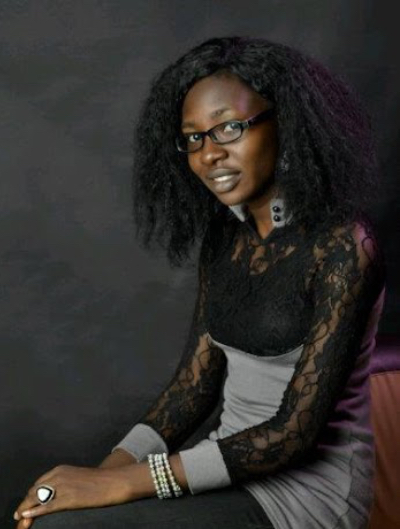The Posture of Oppression
Commentary text

When I read the story and saw the posture of the police officer and George, I thought this is the posture of oppression all over the world. The posture where people in positions of power choke those with lesser power to the point where they can’t breathe. It goes beyond racism. This is the posture of heavy taxation on the poor; this is the posture of oppressive labor laws; it’s the posture of rape; it’s the posture of cyberbullying. The other intriguing thing is the role of the passers-by; how people saw this and went about their normal business. Again, I can relate it to the injustice going on in the world, how we see our neighbor being choked, and not being able to breathe, yet we go about our normal businesses. I think I am currently in an evaluation mode, where I am examining myself and asking which of these positions do I occupy on different issues around me? In what instance am I George? When am I the police officer, and when am I the passers-by?
What makes the current situation particularly worrying is how the institution that is supposed to protect is the one attacking. It seems as though the elasticity that connects our humanity to that of others is weakened. As social scientists, we have the responsibility of conducting inquiries, offering interpretations of facts that may mediate these divides and create an alternative way for restoring the broken moral fiber. I have been further challenged to create space for these conversations that seem to be shrinking and seek ways of arriving at a compassionate disagreement, if not a consensus with people we consider to be different from us.